Product pictures
| Amount Per 1 tray, 170 g | |||
| Calories | 400 Kcal (1675 kJ) | ||
| Calories from fat | 216 Kcal | ||
| % Daily Value* | |||
| Total Fat | 24g | 37% | |
|---|---|---|---|
| Saturated Fat | 7g | 35% | |
| Cholesterol | 60mg | 20% | |
| Sodium | 680mg | 28% | |
| Total Carbs | 21g | 7% | |
| Dietary Fiber | 2g | 8% | |
| Protein | 23g | 46% | |
| Vitamin C | 3mg | 5% | |
| Vitamin A | 0.2mg | 6% | |
| Iron | 1.2mg | 7% | |
| Calcium | 20mg | 2% | |
* Percent Daily Values are based on a 2000 calorie diet. Your daily values may be higher or lower depending on your calorie needs.
Find out how many calories should you eat.
Ingredients And Nutrition Overview
Best
choice Good
choice Poor
choice Avoid
it!
choice Good
choice Poor
choice Avoid
it!
-
WeightWatchers Points: 9.6, PointsPlus: 10, SmartPoints: 12
WeightWatchers Points are estimated by carbohydrates, fats, protein and fiber in product. They are not an affirmation of better quality or nutritional value of the product or its manufacturer. Only way to count for dieters. Less points are better.
Read more at Weight watchers diet review -
Over 35% of daily saturated fat!
Bad! More 35% of daily saturated fat!
For years Saturated fat was claimed to raise cholesterol levels and give us heart attacks. Today different studies refute this claim. They say, that replacing saturated fat with carbohydrates or refined starch or sugar is not changing the heart disease risk. Not processed carbs nor saturated fats are good for you. Only if you replace it with polyunsaturated fat, you'll get a reduction in heart disease risk. So try to have a balanced diet. -
Keep an eye on the cholesterol.
Today cholesterol is no longer a villain. The 2010's USDA guidelines told us to limit cholesterol from foods
Now experts say cholesterol is "not a nutrient of concern" because cholesterol from foods doesn't cause higher blood cholesterol levels.
Nevertheless try to consume no more than 300 milligrams daily.
This product contains more than 20% of your daily cholesterol intake.
If you still are on a low cholesterol diet, please keep in mind:
- nutritionists are not recommending you go out and binge on cheeseburgers and fries.
- 10% of your daily allowance can quickly become 50% when a hamburger turns into double cheeseburger.
-
Want to lower the cholesterol intake? Here are some advices:
- Try to limit your cheese, dairy and meat intake to one item per meal.
- Avoid meals with multiple sources of cholesterol (chicken with cheese, junk food)
- Try to indclude in your diet low- or nonfat dairy, seafood, legumes and nuts.
- Choose water instead of milk for your coffee.
-
Salty! Has over 28% of the daily sodium max
The average American consumes 5,000 mg of sodium daily — twice the recommended amount amount of 2400mg for healthy adults, this is 1 teaspoon of salt.
For medical reasons many people should not exceed 1500mg of sodium.
Surprisingly, you're responsible for only 15% of the sodium in your diet the bigger part - 75% of the sodium that you consume each day comes from processed foods, not home cooking or the salt shaker.
Excess sodium intake increases the risk of high blood pressure, hypernatremia, hypertension, cardiovascular disease and other heart problems.
Are these reasons enough to cut the sodium intake? No doubt! -
Convert Salt tsps to Sodium mg easily
Salt (NaCl) is not excactly sodium (Na).
It is not right to use these terms as synonyms.
The FDA recommended limit of sodium is 2,300 mg per day (or even less - about 1500 mg while one is on low sodium diets).
This is much less than the weight of salt.
(5,750 mg per day or 3,750 mg for low sodium diet) and not so convenient to calculate.
Know how much sodium is in your salt - without a calculator:
1/4 tsp salt = 600 mg sodium
1/2 tsp salt = 1200 mg sodium
3/4 tsp salt = 1800 mg sodium
1 tsp salt = 2300 mg sodium -
More than 8% daily fiber!
Eat more fiber. You've heard it many times. But why it is so good for your health?
Dietary fiber is best known for its ability to make our digestion going right.
So want to prevent or relieve constipation - eat more fiber!
There are also other great health benefits as well, such as lowering your risk of diabetes, heart disease and cancer, and helping to maintain a healthy weight by helping to feel you full longer.
The best source of fiber are fruits, vegetables, whole grains and legumes and not processed foods with added fiber. -
Whoa! What a high amount of calories!
This product really has a lot of calories.
Energy(calories) is required to implement body metabolism and physical activity.
If we consume more energy than we use for metabolism and physical activity, all that surfeit will be stored as body fat.
So you're not following a high calorie diet or not trying to gain weight, you may want to revise the wish to eat it.
If You are trying to gain weight or following high calorie diet try out the healthy suggestions:
- Consume more nuts.
Nuts and seeds are high in calories and fiber and full of good Omega fats.
Take any meal and add to it some nuts.
- add extra olive oil to your main dishes and salads;
- increase your healthy carbohydrate intake with whole wheat products such as pasta, crackers an so on;
- eat more brown or wild rice, buckwheat and other grains;
- Even eat some dark chocolate.
Avoid using animal fats, fried foods and greasy snacks as they have huge amount of trans-fats, cholesterol and other unhealthy elements. -
Has EDTA, on FDA's toxicity watchlist
Ethylenediaminetetraacetic acid (EDTA) is a chemical added to certain foods and beverages to keep their color and flavor.
EDTA is known as a persistent organic pollutant. It resists degradation from biological, chemical, and photolytic processes.
It may irritate the skin or cause skin rash and even asthma.
It is is generally recognized as safe by FDA, but is on it's list of food additives to be studied for toxicity. -
Controversial additive BHT present
BHT (butylated hydroxytoluene) is primarily used as an antioxidant food additive, mainly to prevent oils and fats in foods from oxidizing and becoming rancid.
It is GRAS in the US, but forbidden as food additive in Japan (since 1958), Romania, Sweden, and Australia.
Some studies have shown that it is carcinogenic.
Avoid it, there are foods available without this danger.
Allergens
Soy Allergy, Sesame Allergy, Corn Allergy, Milk Allergy
Steak 'n taters Ingredients
Potato Rounds (Potatoes, Vegetable Oil (Contains One or More of the Following: Canola Oil, Soybean Oil, Cottonseed Oil, Sunflower Oil, Corn Oil), Salt, Rice Flour, Granulated Onion, Natural Flavoring, Dextrose, Sodium Acid Pyrophosphate Added to Preserve Natural Color), Chopped Beef [Beef, Seasoned Salt (Salt, Sugar, Chili Pepper, Spice, Extractives of Spices, Onion Powder, Garlic Powder)], Steak Sauce [Margarine (Liquid and Partially Hydrogenated Soybean Oil, Water, Salt, Hydrogenated Soybean Oil, Vegetable Mono and Diglycerides (Soybean), Soy Lecithin, Sodium Benzoate (a Preservative), Citric Acid, Calcium Disodium EDTA Added to Protect Flavor, Artificial Flavor, Beta Carotene (Color), Vitamin A Palmitate Added), Water, Salt, Mustard Powder, Lemon Juice Powder (Corn Syrup Solids, Natural Flavors (Lemon Juice Solids, Natural Flavors), and BHT), Garlic Powder].
You Might Also Like
% RDI of Main Nutrition Facts
20%
of RDI* (400 calories) 170 g
-
Cal: 20 %
-
Fat: 36.9 %
-
Carb: 7 %
-
Prot: 46 %
-
0%25%75%RDI norm*
Calories Breakdown
- Carbs (21.4%)
- Fat (55.1%)
- Protein (23.5%)
Get Your Recipe of Health!
Follow RecipeOfHealth on Facebook!


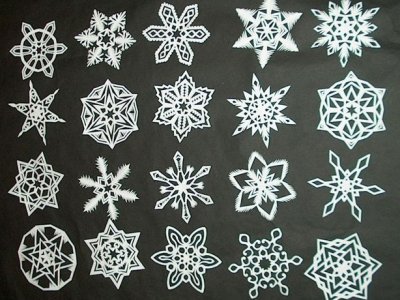
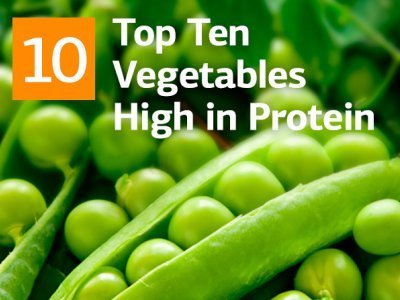

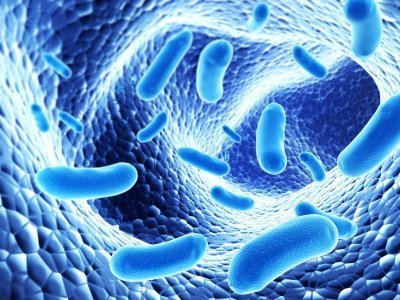





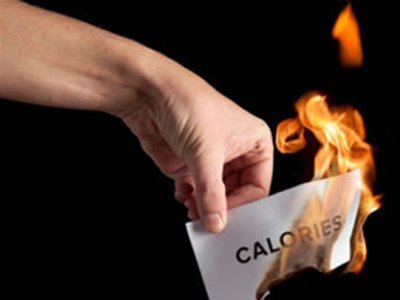
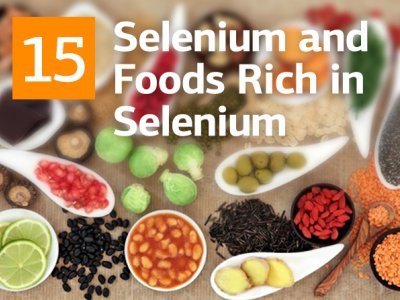
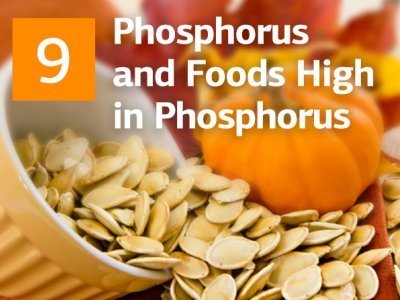
Add your comment